If you ever have the chance to visit Seoul, South Korea, spring is an ideal time to go. I had the privilege of studying abroad at Korea University during the spring semester, and it was an unforgettable experience. I was initially unsure of what to expect but decided to fully immerse myself in the culture.
I enrolled in Korean language, DEI (Diversity, Equity, and Inclusion), and Media and Popular Culture classes. These courses were invaluable in helping me understand South Korea's rich history and contemporary issues. The Korean language classes were particularly helpful, making it easier to navigate daily life and engage more deeply with local culture.
As a person of color, entering a new culture can sometimes feel daunting, but I found that Koreans are generally welcoming and interested in meeting foreigners. Korea University has a program called Korea University Buddy Assistant (KUBA) and their support helped me feel more comfortable and integrated into the community.
If you’re in South Korea, check out Seoul for all their different types of cafes, karaoke rooms, and cherry blossoms locations but also check out other spots too! Busan is awesome with its gorgeous beaches and seafood markets. I got to sit and watch artists build sand castles for the sand castle festival. Jeju Island is a must-see, with its incredible scenery and the Snoopy Garden.
Overall, studying in Seoul during the spring not only provided me with academic and cultural insights but also allowed me to build meaningful connections and create lasting memories. If you’re considering studying abroad, South Korea in the spring is a wonderful choice.
What was the most surprising thing you saw or did?
I had the incredible opportunity to experience ‘Daedongje(대동제)’ and ‘Ipselenti(입실렌티)’. These are distinctly different festival concerts. At Korea University ‘Daedongje’ is organized by the Student Union, while ‘Ipselenti’ is hosted by the Korea University cheering squad. The KU Festival organized by the Student Union is called ‘Daedongje’.
Every year, the last week of May is the festival period at Korea University. From Monday to Thursday, the Student Union organizes the ‘Daedongje’, and on Friday, KU cheerleaders host the ‘Ipselenti’.
Typically, during the ‘Daedongje’ period, food trucks, photo booths, and festival booths are seen. These are organized by the president of the Student Union and the festival preparation committee, which invites external businesses. There is no official announcement regarding the budget needed for preparing celebrity stages or attracting booths. However, it is said that this year's cost of hiring celebrities was around 100 million won.
Starting with the first KU Festival on May 5, 1962, which opened a new chapter in Korean university culture with the participation of students, professors, alumni, parents, and local residents, this event period gathers all colleges, departments, and club activities. During this time, various events that showcase the intellect and romance of the university are held throughout the campus.
Unlike Daedongje, which is open to students from other universities, Ipselenti is a festival exclusively for Korean university students. Because it is intended for Korea University students, a ticket is required to enter, costing about 18,000 won. The revenue from ticket sales, combined with the budget provided by the university, is used to hire famous celebrities.
Unlike ‘Daedongje’, which takes place at the Minju Plaza of Korea University, Ipselenti is held at the Nokji Stadium on the hill. Approximately 20,000 people participate in ‘Ipselenti’, so you can see people lining up early in the morning.
Originally, university festivals were intended to commemorate students who were killed during the struggle against the military regime in the process of democratization in Korea and to enhance the participation consciousness of the living students.
Today, university festivals carry the significance of the entire student community coming together in May to celebrate unity and enjoyment with the spirit of 'coming together in a grand harmony'
A notable example is Korea University’s ‘Ipselenti’ and its counterpart, Yonsei University’s ‘Akaraka’.
Pros
- Korean cuisine
- Tourism/activities
- Safe
Cons
- Sweating (carry a fan)
- Be prepare to walk a lot
- Cultural Stereotypes of foreigners

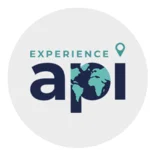





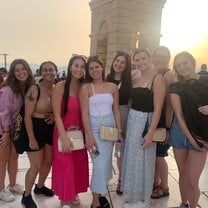
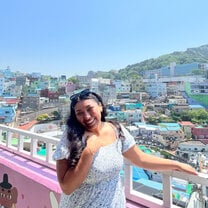
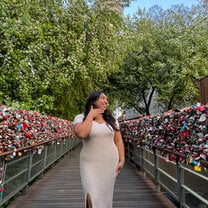
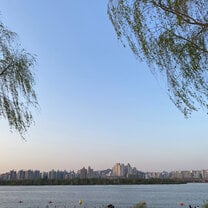
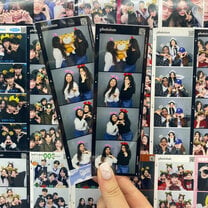
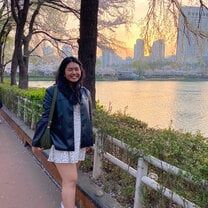
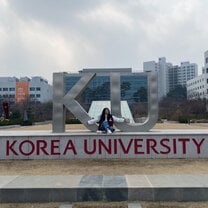
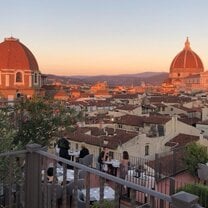
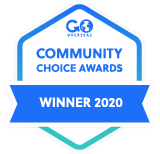

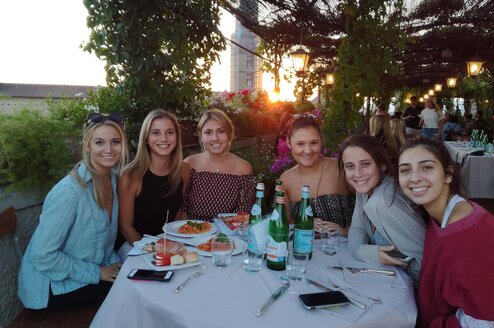

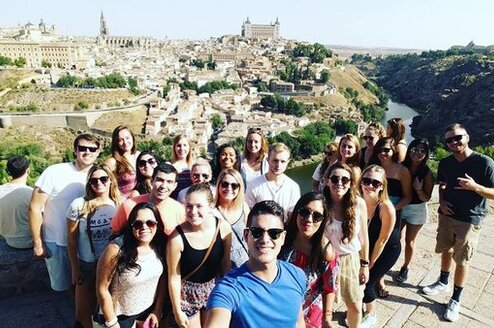
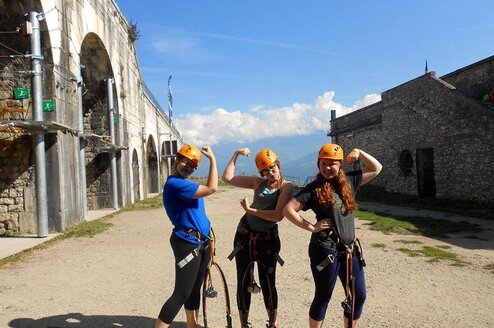
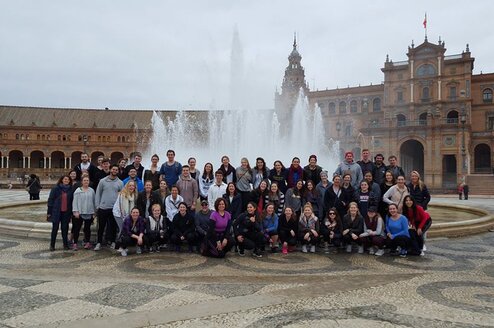

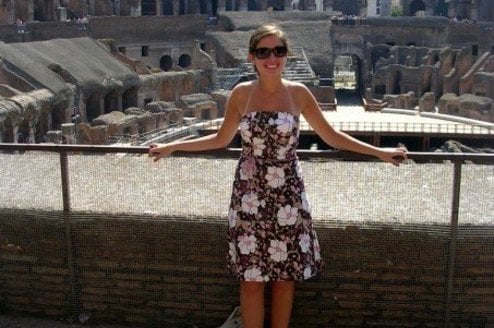


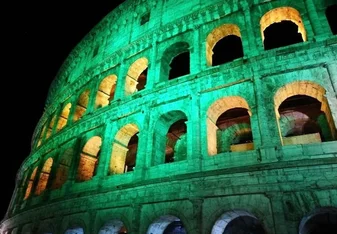
















Response from API
We are so sorry that your daughter did not have a positive experience on this program. That is neither the experience of our other interns nor what we want for students. From our conversations and this post, it seems that her expectations for the program did not align with the program description. All of our career-related programs, including this one, are described in detail for students to understand the program for which they are applying. Once accepted, students then meet with a career coach and the leader of the project in France, who further explain the substance of the program. Soon thereafter, an itinerary of events is shared with students. The Fashion and Luxury program is a unique, project-based program that introduces students to various luxury fashion houses in Paris through behind-the-scenes visits. Students are then assigned to a project related to the visits and work as a team under the mentorship of an expert in the field.
Again, we are very sorry that this isn’t the experience your student expected. We have heard your feedback and will consider it, as we always endeavor to improve our services.